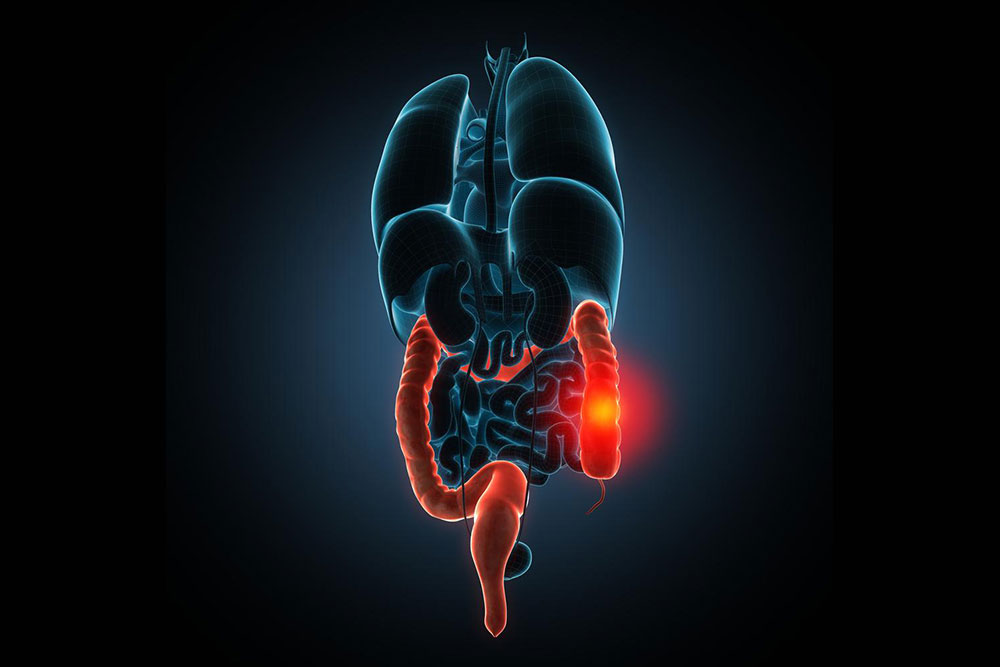Comprehensive Guide to Managing IBS Medications
This comprehensive guide explores various treatment options for IBS, including lifestyle changes, dietary adjustments, and medications. It offers valuable insights into managing symptoms effectively and highlights when medical intervention is necessary. Designed for patients seeking to understand their treatment choices, this article emphasizes the importance of consulting healthcare professionals for personalized care.

Understanding Treatment Options for IBS
While the exact origins of irritable bowel syndrome (IBS) remain unclear, treatment strategies are mainly aimed at alleviating symptoms and enabling patients to lead normal lives. Mild symptoms often respond well to lifestyle adjustments, including stress management, dietary modifications, regular exercise, increased hydration, and adequate sleep. Medication becomes necessary only when symptoms are severe. Dietary changes such as reducing high-gas foods, avoiding gluten, and limiting FODMAPs can significantly improve comfort. For persistent or intense symptoms, various medications like antispasmodics, laxatives, antidepressants, and antibiotics are prescribed under medical supervision to manage specific IBS manifestations.
Dietary Adjustments
Limit gas-producing foods: Reduce intake of certain vegetables, raw fruits, and fizzy drinks if experiencing bloating or gas discomfort.
Avoid gluten: Some patients notice improvement in diarrhea symptoms when eliminating gluten sources like wheat, barley, and rye.
Reduce FODMAPs: Limiting specific carbohydrates found in dairy, fruits, vegetables, and grains can lead to symptom relief.
Medication Options
Anti-diarrheal drugs: Over-the-counter remedies such as loperamide and bile acid binders treat diarrhea but should be used under medical guidance.
Fiber supplements: Products like Citrucel and Metamucil, taken with fluids, help prevent constipation more effectively than dietary fiber alone. If ineffective, doctors may suggest osmotic laxatives.
Antispasmodics: Medications like Levsin and Bentyl relieve bowel spasms but require proper dosing to avoid side effects like constipation or urinary issues, especially in glaucoma patients.
Antidepressants: Low-dose tricyclic antidepressants or SSRIs can alleviate pain and depression linked to IBS, with careful attention to possible side effects.
Antibiotics: In cases of bacterial overgrowth, antibiotics such as Rifaximin can reduce diarrhea symptoms.
Counseling: Managing stress through therapy can lessen IBS severity, especially in patients experiencing depression.
Specific Medications for Severe Cases
Alosetron: Prescribed mainly for women with severe diarrhea-predominant IBS when other treatments fail, it relaxes the colon but requires cautious use due to potential side effects.
Amitiza and Lubiprostone: These increase intestinal fluid secretion, mainly recommended for women over 18 with chronic constipation, though effectiveness in men remains uncertain. Possible side effects include abdominal discomfort, nausea, and diarrhea.
Important Reminder: Although our articles provide valuable insights, they are not substitutes for professional medical advice. Always consult a healthcare provider for personalized treatment plans. The information shared is for educational purposes and may not reflect all available options or recent developments.










